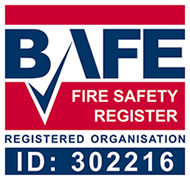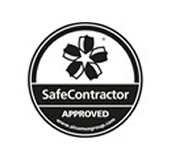Here at Dalec we spend a lot of time carrying out PAT testing for business, commercial and industrial clients. PAT testing is pretty straightforward but is a job that’s absolutely vital if you are to ensure that the electrical equipment on your business premises is working safely and effectively.
But what is PAT testing and why is it so important? PAT stands for portable appliance testing and is a simple test which should be carried out on a regular basis on appliances such as kettles, microwaves, printers and computer monitors. PAT testing should be carried out an annual basis by a certified electrical company such as Dalec.
PAT testing is necessary to ensure that appliances are working safely and that they don’t pose a risk to the people using them. A PAT test is very quick to carry out and involves a visual inspection of the item and a check to ensure that there is no damage, exposed wires or faulty cables. Our team of engineers are available to PAT test your appliances on-site at a time to suit you – if you would like further information on this or any of our services, please don’t hesitate to get in touch.








